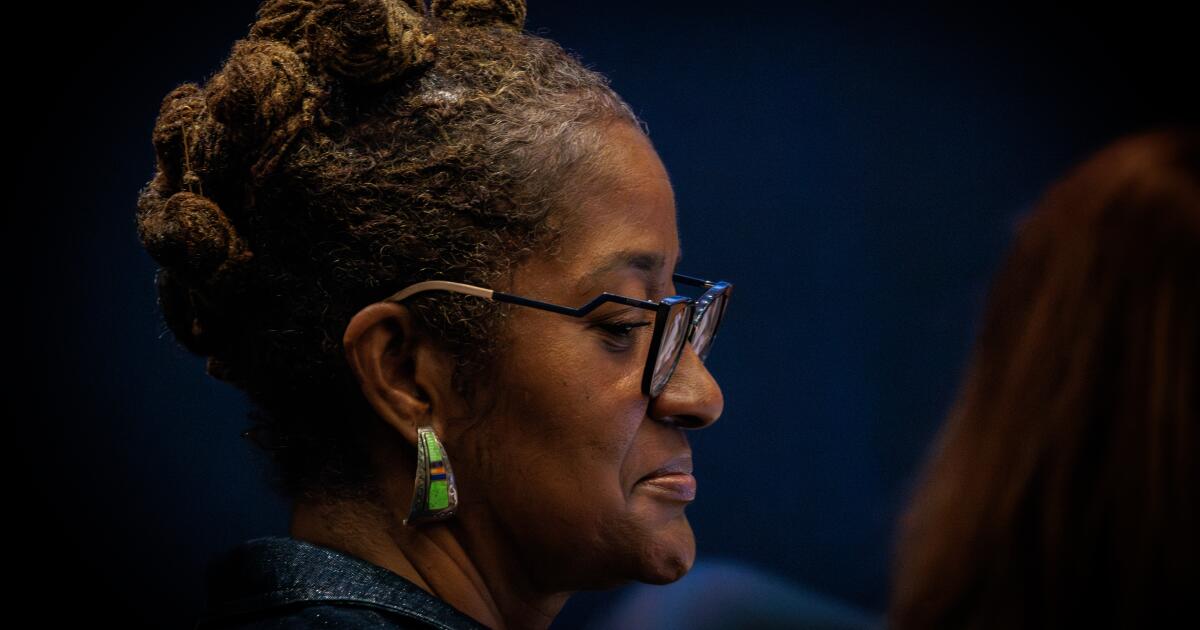Oh nooooo …
Hi, that’s what I wanted to say!

If someone buys a home that was rented. Would the cap apply to them? Because this might result in a loophole
Good. Fuck landlords. There should be a law they can only own multi family units.

I think there is quite an easy solution to the housing issue we’re facing: exponential tax increase per property.
There is no reason for someone to own more than one property in a city. No reason at all. But even if you could find one - let’s say the first 2-3 properties (defined as houses/apartments of less than X area each) have regular taxes. But then? Then it gets retarded. 500k more per year for the fourth one. 4 mil extra a year for the fifth. 50 mil extra for the sixth. One billion for the seventh. You’re a property developer? You have until 2 years after the property was finisbed to make sure someone has bought every little bit of it, otherwise that 40 apartment building will end up costing you twice the foreign debt.
Can’t pay the taxes? You can always sell the place, at a fair market value. Let’s say your two uncles died in a short timespan and they both left you their houses, but you had some property already and now you’re up to 5 residential properties but you’re not prepared to pay the extra few million. You can always list their houses. Every month they are listed and don’t get bought, you reduce the price by 5%. Overvaluing the property gets it confiscated - you surrender your property to the state, which then distributes it to those in need in a lottery. You can also opt to just give away some of your less desirable properties directly instead of trying to sell them.
But no, that’d be sudden death for all the retards who keep building, all the fuck heads who keep buying and holding, and all the politicians whose pockets get padded for listening to whichever lobby.
This would driving down the cost of housing because of an increase in inventory. Sell them to whom? Other landlords? Or would it be workers?
I think I just found my latest political campaign
Private landlords would just sell to large corporate landlords who could profit with smaller margins.
And these corp landlords can choose to not rent any longer, let the property remain empty for the legal length of time and then start renting again at the new and more profitable higher rate.
I don’t know the laws in California, but isn’t there just a surplus of houses empty for this very reason? If you look at the numbers, they could be sitting on these houses and get low interest loans on the value, which earns higher invested interest elsewhere. Anyone squatting can get away with it because the company will just do the legal route and get more money from these people (even if it’s debt that just hangs over their heads for a while). The rich just keep getting richer…
large corporate landlords who could profit with smaller margins.
Could, but typically refuse to.
Sounds like that should be blocked too.
There was a proposal about how there should be heavy fees if you own more than one house, which would solve this problem.
Great. That isn’t going to happen and doesn’t fix the initial problem.
Yes, other landlords that can get new tenants for more money. If the houses just change hands every year, there is no cap since everyone plays musical chairs
I’m guessing landlords would just property swap.
Buy, evict, rent at a higher price
This is first order thinking. What this would cause is much much less building of units that people would rent, so the total supply would slow way down and housing would get worse.
Wouldn’t lower land prices mean higher ROIC and lower risk for developers (individual or corporate) ? And this hence lead to more housing?
New units can still charge whatever they want.
Happy cake day. :)
Thank you! What a year it’s been.
But they still would not be able to keep up with inflation, and this would just be one more stone on a heap of other regulations that make it not worth building housing.
Wouldn’t they just calculate the net present value of the average rental? Most people don’t rent at one place for long, and everybody dies eventually.
Maybe the landlords would be willing to rent all the unused housing then.
Might be depend on your area but around me we’ve had a cap for a few yesrs and units are still going up (not necessarily affordable ones).
Sure there will be some building, but it will be greatly decreased to what it would. If anything the builders will just do spec homes or move out of the market. I actually moved from a state with a cap (Oregon), and most of the landlords (including myself) just sold off any residential real estate.
As a landlord, you might be a little biased?
I am no longer a owner of residential real estate, I do only commercial at this point. I am just telling you the impacts of the laws they make.
Get rid of renting entirely and watch the quality of communities improve overnight.
Who would own the housing?
The people living in it?
Who would have built it for them and how would they have been paid?
I think they’re referring to already-existing communities.
It still the same problem, where would they get the resources to get ownership of that real estate?
Depending on how exactly we’re “getting rid of renting”, I don’t think they would be purchasing the building at today’s prices. The landlord is SoL… at best. ;-)
Unfortunately, I think you’re right. What is the solution to outrageous rent that doesn’t involve the government providing more rent subsidies that simply funnel public money into the hands of property owners? That solution encourages property owners to raise rent because the government will increase subsidies to cover the difference.
The problem is the government makes it too hard and expensive to build anything. People dont realize this but on average the government adds over $100k per single family house that is built. As a person that is in housing, my number one issue is with the government, and they only make it worse. So the solution is to greatly reduce the amount the government is involved in the creation of new housing.
You mean like safety regulations? I hear this same shit from sales all the time complaining about factory of safety in design. “I told the customer it would only be $X, and now it’s so much more!”
No
No, and…?
I’m genuinely interested in how government involvement increases the cost. I honestly don’t know. Like, is it dealing with zoning and permitting? I hope my good-faith intent is coming through here, I’m not just trying to bait an argument.
Sure, if you are actually interested I can give you some basic examples. Lets take a look at some of the site details for a new build. Need to remove X yards of dirt - may require an engineer report. Ever see 100 yards of sidewalk/curb/gutter in the middle of no where - city requriement that will add $15k just for the concrete, let alone what you would need for retaining walls if there is a slope. If there is a mild slope to the lot - may need a different engineering report. Big developement - they will require land set aside that cant be developed for a wide varieties of things.
The poor little landlords! They have to find something else to do with their lives besides sitting on their rear ends most of the month and laughing all the way to the bank once a month.
↑ supply or ↓ demand. As much as it frustrates politicians, these are the only true levers.
Of course, economists have successfully predicted 5 out of the last 3 recessions so who knows. Why don’t you go ask Chat GPT.
So we should keep going after land with its perfectly inelastic supply, then.
Good. Then do it!
Sounds like that’s by design. If they all wanna sell prices come down on that front as well. Sounds like it should be capped at 2 percent to me.
Oh no?
“what do you mean a vampire shouldn’t suck so much blood? might as well put a stake through my unbeating heart!”
Pushpush









